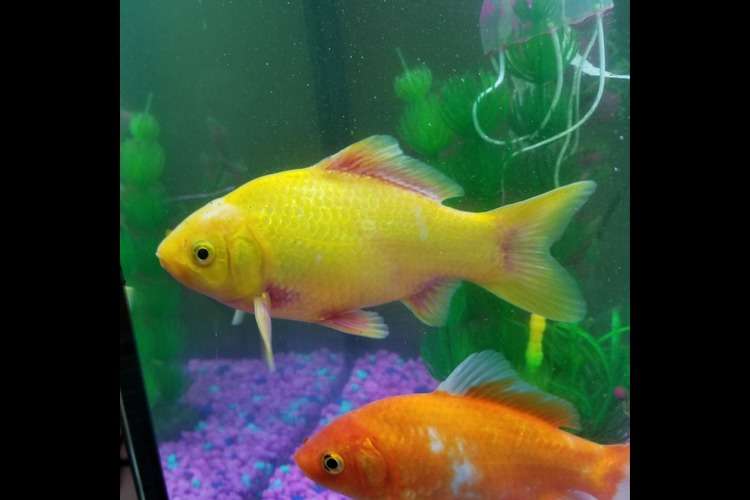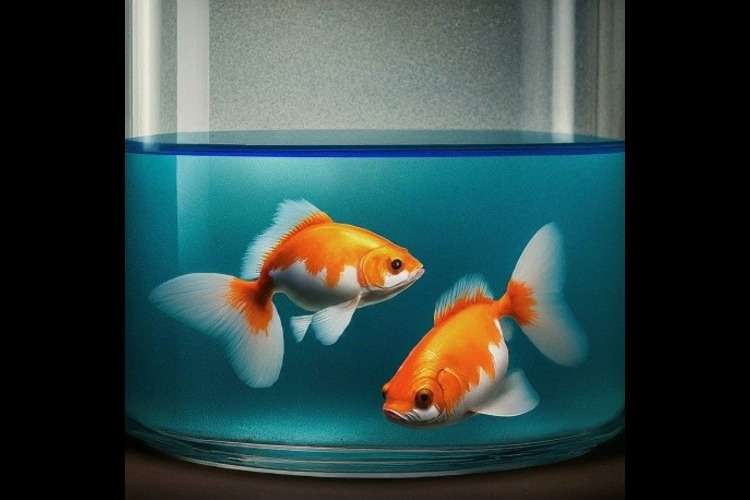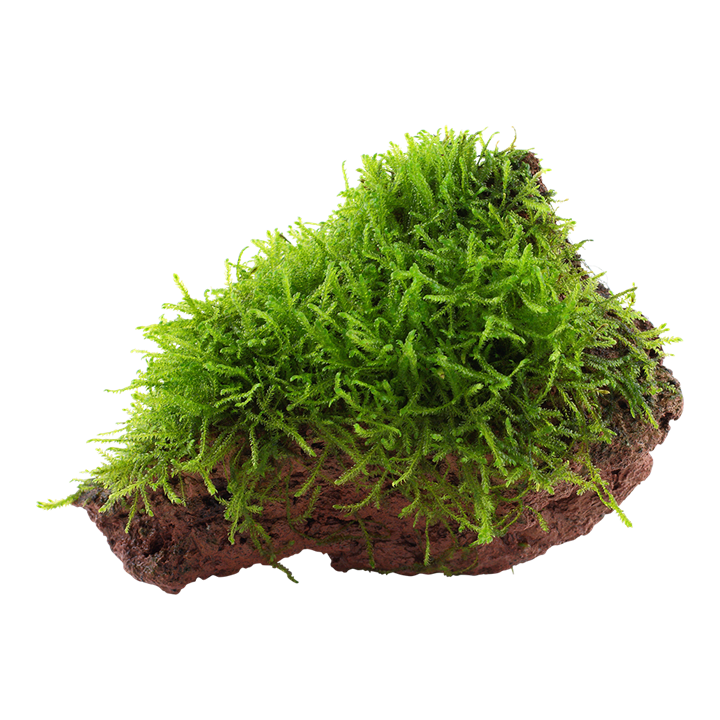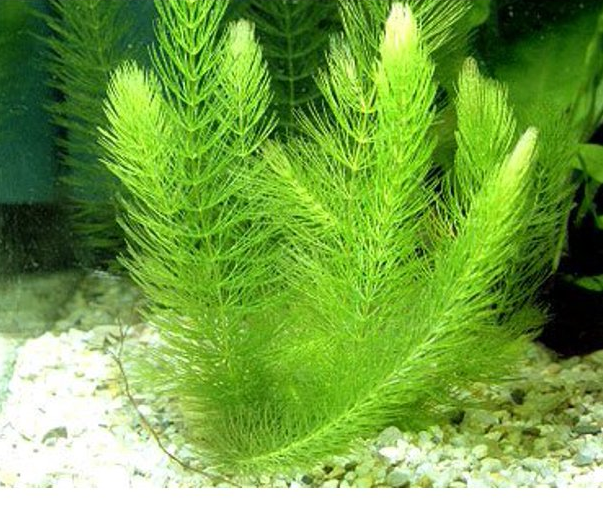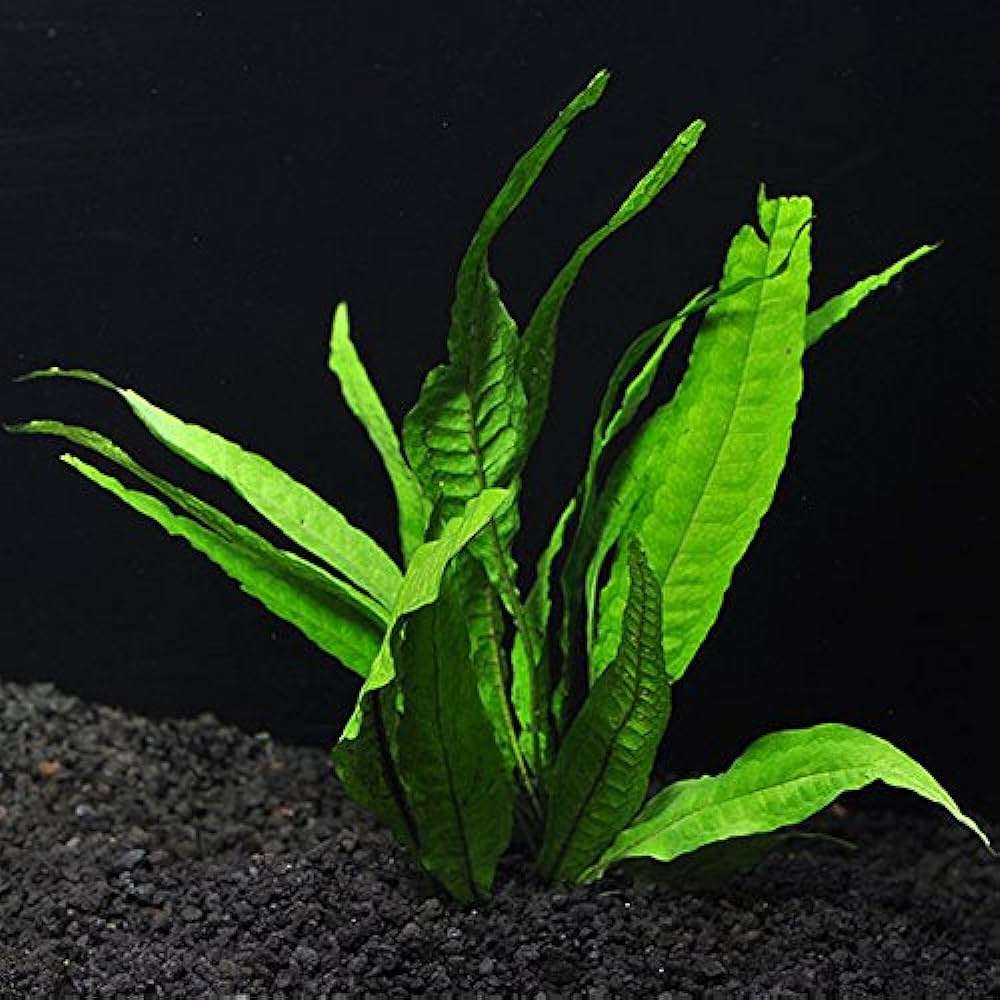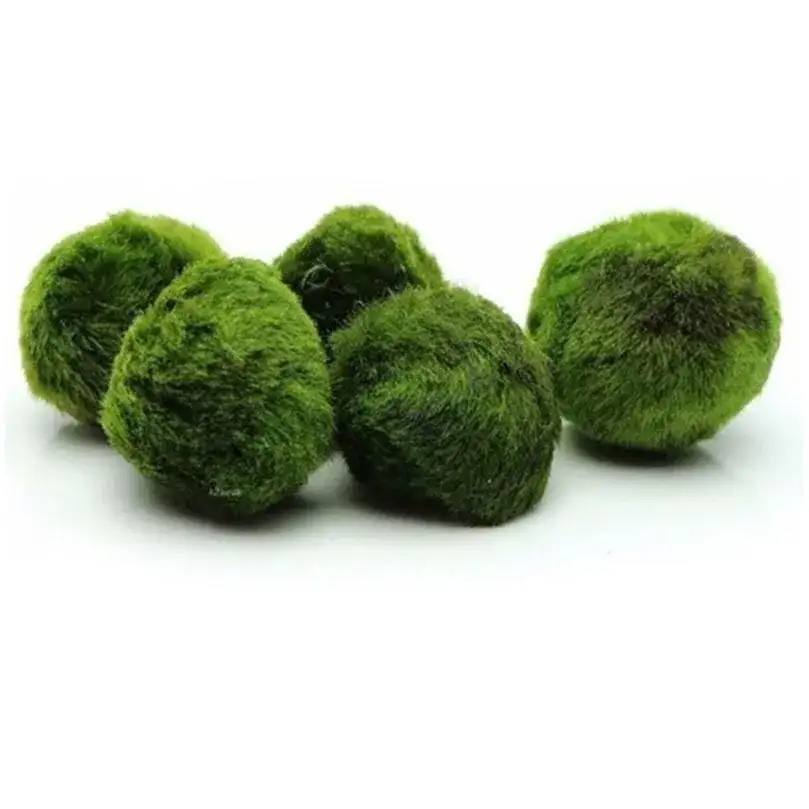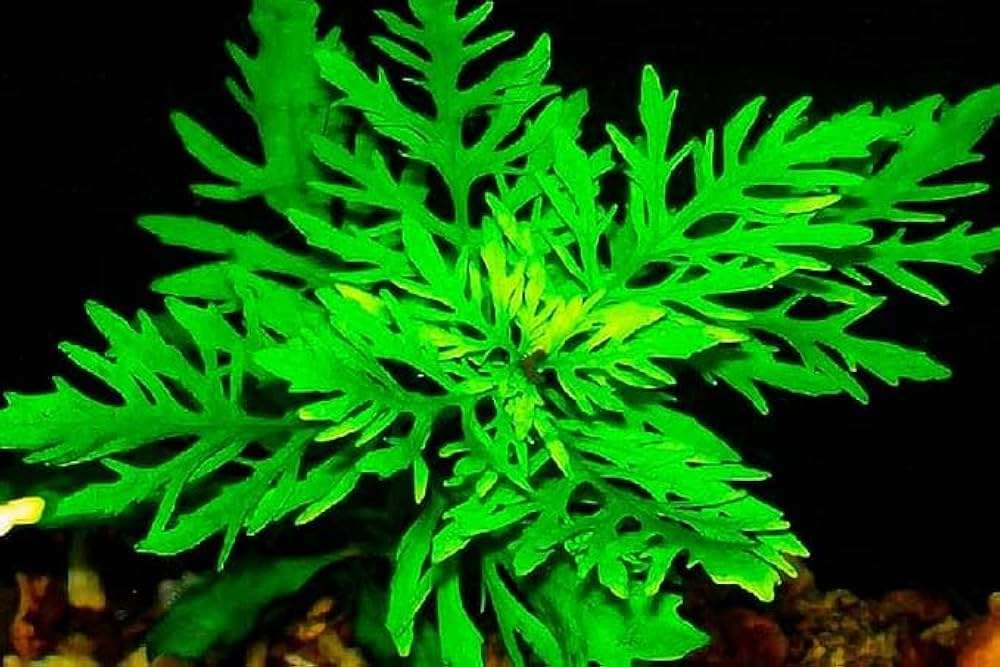Aquarium Disease Prevention: Keeping Your Fish Healthy
Discover strategies for preventing aquarium diseases and maintaining fish health. Learn tips on water quality, filtration, feeding, and stress management.
Table of Contents
- The Fish Immune System
- Create an aquatic sanctuary: Tank size and layout matter
- Innovative Quarantine Techniques: A Step Beyond
- Advanced filtration systems guarantee cleaner quality of water
- Targeted Feeding for Immune Support
- Natural Disease Prevention: Probiotic Solutions
- Non-invasive monitoring: New approach
- Stress: The Silent Killer
- Faq
- Conclusion
The Fish Immune System
But before discussing prevention mechanisms, it is crucial to acknowledge that fish have an immunity system unlike that of terrestrial animals. The fish's immunity system directly bears a proportion to their environment, mainly the water quality. Poor water conditions compromise the responses of the fish's immune system and leave it susceptible to diseases. The point at which one can determine that their fish are as healthy as they could be starts from being conscious of how environmental conditions-temperature, pH, water hardness, and oxygen level-affect their immune function.Create an aquatic sanctuary: Tank size and layout matter
Generally, diseases cause a rampage in crowded or poorly designed tanks. It is easy to forget designing the tank when setting up your tank, but a proper design really can decrease the chances of diseases arising. Start with a spacious tank that accommodates the number and type of fish you keep. Overcrowding leads to stress and poor water quality, which may predispose your fish to infections.The design of the tank should also incorporate some of the natural hiding places. As with most animals, fish detest being in plain view since they hide themselves away. Plants, rocks, and decorations give not only cover but also simulate their natural environment, which is invaluable for their mental and physical well-being. Stress is the leading cause of illness, so disease can be avoided by a stress-free habitat.
Innovative Quarantine Techniques: A Step Beyond
Most aquarists quarantine new fish before stocking them in the main tank. However, for maximum disease risk reduction effect, extend the health observation period to at least three weeks, instead of two. This is used to monitor the new fish in aspects such as behavior, feeding pattern, and any physical signs of infection by some parasites, bacteria, or viruses, which may take quite a long time before revealing themselves. If you can, keep separate quarantine tanks with the same water conditions to your main aquarium so that stress is kept to a minimum during transfer.Some aquarists even recommend a "health dip" technique for the newly bought fish, which places the fish in a dilute salt bath or formalin solution for a few minutes. This kills any external parasites before these parasites get into your main tank.
Advanced filtration systems guarantee cleaner quality of water
The heart of every healthy aquarium is the filtration system. Basic filters may keep the water clean, but advanced filtration systems can be the difference between merely making it safe from disease prevention. Consider investing in a multi-stage filtration system that not only removes debris but also provides biological filtration to maintain healthy bacterial colonies within the tank. Biological filtration breaks down those harmful ammonia and nitrite, which, if increased to certain levels, can stress your fish and weaken their immune system.Another good investment for the aquarist willing to minimize the spread of waterborne pathogens would be a UV sterilizer. The bad microorganisms like parasite, bacteria, and algae are killed by the UV light before it has a chance to infect the fish.
Targeted Feeding for Immune Support
Feeding your fish isn't just to keep them full, though that might be on your agenda first. It is keeping them provided with the right nutrients for a boost in their immune system. A good diet should replicate their natural selection sources and should be the most significant factor in ensuring healthy maintenance. Even with high quality of pellets or flakes, adding live or frozen foods such as brine shrimp, daphnia, or bloodworms will introduce essential proteins, vitamins, and minerals which will have an immunizing effect on your fish.Other species benefit from certain supplements, for example, garlic or spirulina known to possess immune-enhancing effects. Supplements like this can help combat parasitic diseases and generally improve health; however, avoid overfeeding as all uneaten food quickly spoils and pollutes the water, bringing disease danger to a head.
Natural Disease Prevention: Probiotic Solutions
Another emerging preventer of disease consists of probiotics added to your aquarium. These "good" bacteria can be added to your aquarium to help keep the aquatic environment healthy and aid in the gut health of your fish. Like in humans, a balanced microbiome within fish aids digestion and boosts the immune system. Due to their mode of action, probiotic supplements may help prevent an infection from even occurring because of pathogens that would otherwise flourish in this type of environment.Besides probiotics, there are also some plants with a natural antimicrobial property like Indian almond leaves that can significantly prevent and minimize the spread of bacteria and parasites. They're quite excellent for an isolate tank or a hospital tank.
Non-invasive monitoring: New approach
Prevention of disease would thus basically consist of just looking at your fish when using traditional aquarium technology, but with today's improved technology, you needn't be so rigid. You can now install water monitoring systems in your tanks that continuously report parameters like ammonia, pH, and oxygen saturation levels in the water. These systems can even send alerts to your phone or computer if some problem has arisen with the water quality so you can immediately respond to the situation before it develops into a disease outbreak.Temperature monitoring devices will also alert you to any changes that can stress your fish. Extreme temperature fluctuations often precede disease breakouts, so ensuring your heater or chiller is working properly can be the best defense for an aquarium of healthy fish.
Stress: The Silent Killer
Prevention often overlooks the factor of fish stress. Rearranging decorations, overfeeding, and even just moving the fish can bring about immense powerlessness in the defences of the fish. Stress may also cause abnormal behaviors like hiding or staying near the surface of water. Thereby, prolonged stress results in the vulnerabilities of diseases such as fungal and bacterial infections.You can achieve this by creating stress-free conditions in your aquarium and seeing to it that your fish are in proper conditions. Right cleaning of your tank, constant water temperature, and appropriate tankmates would ensure stress is kept at bay.
Faq
1.How can I boost my fish's immune system?
Maintain water quality, provide a balanced diet with live or frozen foods, and use immune-boosting supplements like garlic or spirulina.
2.Why is water quality important for fish health?
Poor water quality weakens the fish's immune system, making them more susceptible to diseases. Regular monitoring and proper filtration are key.
3.How can I prevent diseases when introducing new fish?
Quarantine new fish for at least three weeks and monitor for signs of illness. Use a "health dip" to remove external parasites.
4.What type of filtration system is best for preventing disease?
A multi-stage filtration system with biological filtration and a UV sterilizer to eliminate harmful microorganisms.
5.How does stress affect fish health?
Stress weakens the immune system and increases the risk of disease. Minimize stress by avoiding overcrowding and maintaining stable tank conditions.
6.Can probiotics help prevent diseases?
Yes, probiotics promote a healthy gut microbiome and boost the immune system, helping to prevent infections.
7.How can I monitor water quality effectively?
Use water monitoring systems to track parameters like ammonia, pH, and oxygen, with alerts for any issues.
8.What are the signs that my fish are stressed?
Signs include hiding, erratic swimming, and staying near the surface. Stress weakens their immune system.
9.How does overcrowding lead to disease?
Overcrowding leads to poor water quality and increased stress, creating an environment for diseases to spread.
10. What role do plants play in preventing diseases?
Plants provide hiding spots and some, like Indian almond leaves, have antimicrobial properties to reduce bacteria and parasites.



